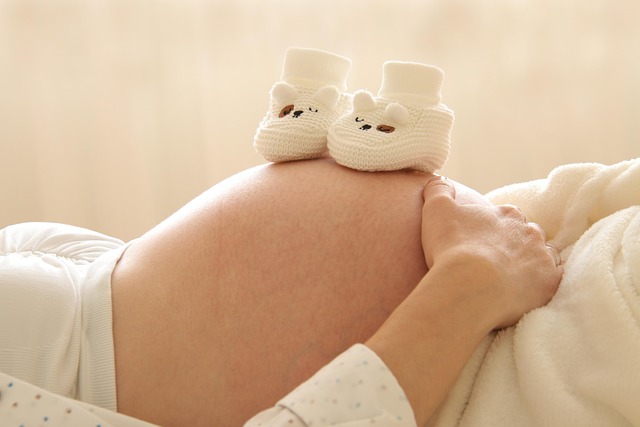The quest for vitamins that can boost fertility and ensure a healthy pregnancy is a common concern for many couples. While research has produced mixed results over the years, emerging studies are beginning to shed light on the potential benefits of certain vitamins. Understanding which nutrients might play a role in enhancing fertility and supporting pregnancy can help couples seeking natural ways to improve their chances of conception.
Vitamins That May Aid Fertility
Dehydroepiandrosterone (DHEA)
DHEA is a hormone produced by the adrenal glands that converts into androgens such as testosterone. These hormones are crucial for reproductive health and energy levels. DHEA levels peak in women in their 20s and gradually decline thereafter. Factors like medications can further reduce these levels.
Recent studies have indicated that higher androgen levels might benefit egg development, suggesting that DHEA could be useful for women experiencing diminished ovarian reserve. However, more comprehensive research is needed to establish a definitive connection between DHEA and fertility.
Coenzyme Q10 (CoQ10)
CoQ10 is a vitamin-like substance found in every cell, where it plays a key role in energy production and acts as an antioxidant. As we age, our levels of CoQ10 tend to drop, potentially impacting reproductive processes. Some studies have shown that men taking CoQ10 may experience improved sperm motility and count. Additionally, animal studies indicate that CoQ10 could enhance egg quality in older females, though human studies are still needed to confirm these findings.
Vitamins for a Healthy Pregnancy
For women undergoing fertility treatments, maintaining a regimen of vitamins expected during pregnancy is vital. The early stages of pregnancy are crucial for fetal development, so preparing the body is essential.
Folic Acid
Folic acid, a B vitamin, is vital for several bodily functions, including DNA formation and red blood cell health. Research has consistently shown that folic acid can significantly reduce the risk of neural tube defects during pregnancy. Women who could become pregnant should aim for a daily intake of 400 mcg of folic acid prior to conception and during early pregnancy.
Docosahexaenoic Acid (DHA)
DHA, an omega-3 fatty acid found in fish oil, is important for brain development and may help improve pregnancy outcomes. Although research is mixed, some studies suggest that DHA supplementation could support fetal brain development as well as potentially increase birth weight and gestation length.
Vitamin D
Vitamin D is crucial for absorbing essential minerals and maintaining overall health. Many individuals experience seasonal deficiencies, particularly in winter months. While the relationship between vitamin D levels and pregnancy outcomes remains unclear, some studies suggest that adequate levels of vitamin D may reduce the risks of complications such as gestational diabetes and low birth weight. Women with low vitamin D levels should consider supplementation to maintain optimal health.
Considering Herbal Remedies
Many women explore complementary and alternative medicine during pregnancy. However, it’s important to approach herbal supplements with caution. Some popular herbs are often touted as safe, but research does not always support these claims.
For more insights on enhancing fertility and preparing for pregnancy, check out this comprehensive guide on pregnancy and home insemination.
In summary, while the impact of vitamins on fertility and pregnancy is still being explored, certain vitamins like DHEA, CoQ10, folic acid, DHA, and vitamin D show potential benefits. As research continues, it’s crucial for individuals to discuss supplementation with their healthcare providers to determine the best approach for their unique situations.

